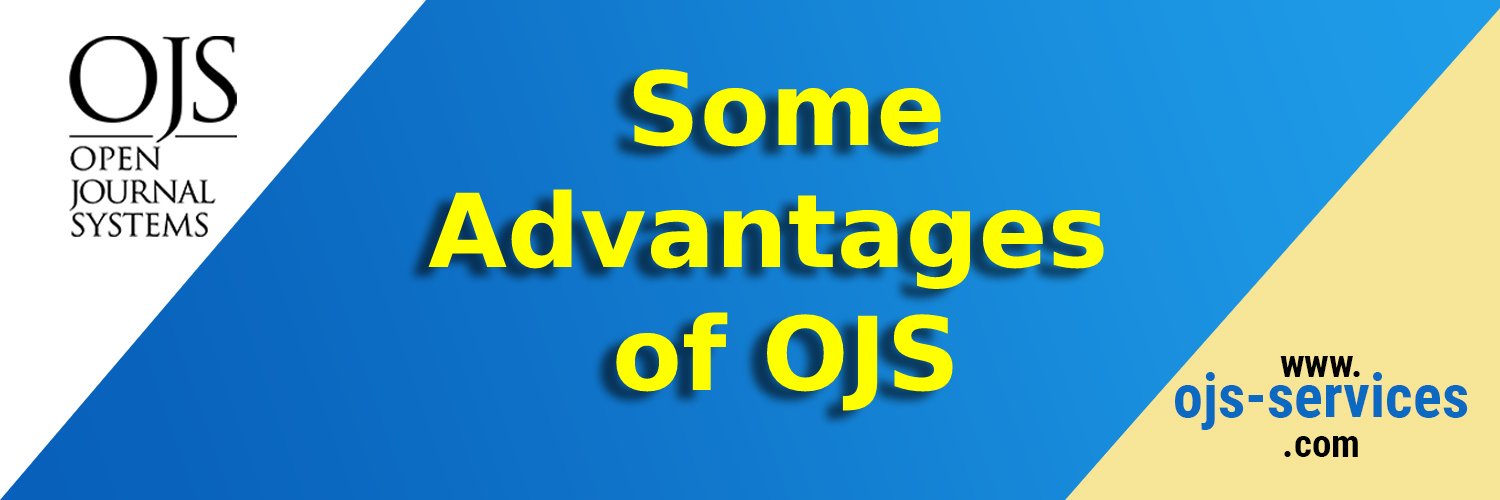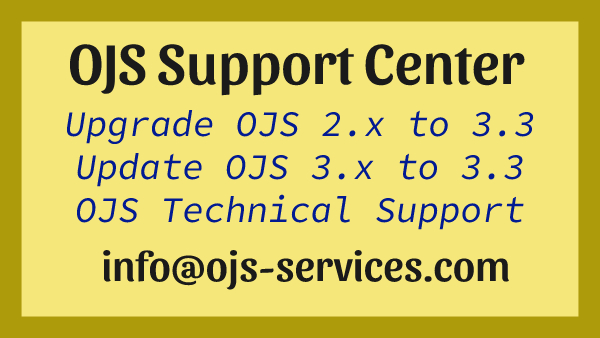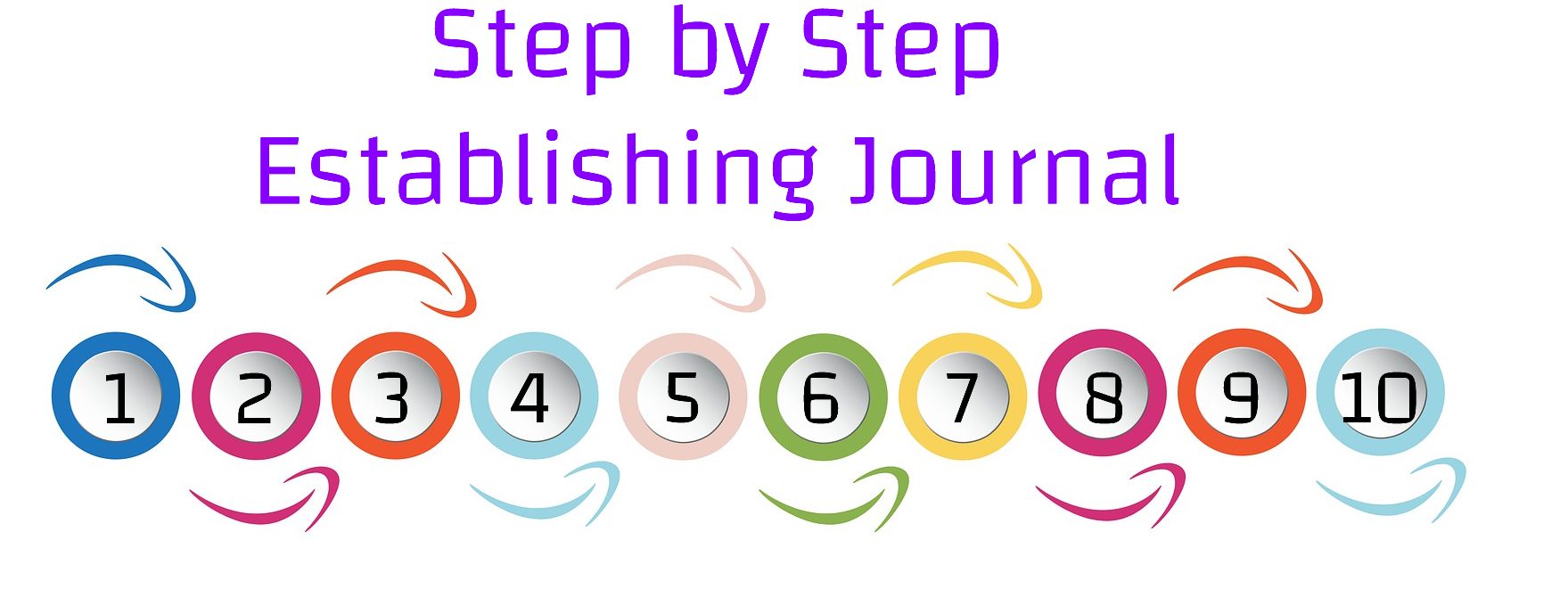Welcome to the World of Open Journal Systems (OJS)
Open Journal Systems (OJS) is a transformative content and workflow management system that brings significant innovation to the academic and scholarly publishing arena. OJS serves as a fully customizable platform for academic journals, encompassing a range of essential features. These capabilities facilitate online collaboration and easy access for authors, reviewers, editors, and administrators.
For those interested in establishing an academic journal, you can explore our Journal Setup Service and OJS hosting packages. These services provide comprehensive support for launching and managing scholarly journals, ensuring a seamless and efficient publishing process.
OJS includes a comprehensive tracking system that monitors articles from submission through peer review, copyediting, editorial workflows, proofreading, and finally to publication. This ensures efficient management at every stage of your publications, offering a seamless publishing experience. Additionally, OJS is equipped with statistics and analytics tools for enhanced insights, covering crucial metrics like acceptance rates, submission review times, and the popularity of published articles. OJS is utilized globally, with over 20,000 journals across the world, and offers translations in more than 50 languages, fostering inclusivity and diversity. It is built upon a 100% open-source foundation, promoting transparency, accessibility, and community-driven development.
Join us in the world of OJS to experience an ever-evolving platform that continually adapts to meet the evolving demands and challenges of the digital publishing landscape.
User Management:
– Role-based user accounts for authors, reviewers, editors, and administrators.
– User registration, profile management, and account customization.
Journal Management:
– Multiple journal support on a single installation.
– Customizable journal settings, themes, languages, and a comprehensive dashboard for administrators.
Article Submission:
– Author-friendly submission process, supporting various file formats (e.g., PDF, Word).
– Step-by-step submission workflow with author guidance.
Peer Review:
– Flexible and customizable peer review process.
– Assigning and managing reviewers, with options for blind and double-blind reviews.
– Reviewer comments and decision tracking.
Editorial Workflow:
– Role-based access control for editors and section editors.
– Article tracking, scheduling, and publication management, including email notifications for workflow updates.
Publication Management:
– Support for various publication formats (e.g., issues, continuous publication).
– Automated DOI (Digital Object Identifier) assignment and integration with CrossRef.
– Content archiving and preservation through integration with LOCKSS and Portico.
Website Customization:
– Fully customizable journal website design.
– Support for CSS, HTML, and JavaScript for website branding.
– Customizable templates for articles, issues, and pages.
Indexing and Visibility:
– Automatic indexing in Google Scholar.
– Tools for content inclusion in various databases to enhance visibility.
Statistics and Analytics:
– Detailed usage statistics and analytics for performance assessment.
– Download and export data for in-depth analysis.
OAI-PMH Support:
– Open Archives Initiative Protocol for Metadata Harvesting (OAI-PMH) support for wider dissemination.
User Support:
– User documentation and help resources.
– Comprehensive support options, including community forums, online classes, and paid custom support.
Localization and Internationalization:
– Multilingual support for content and interface.
– Localization of various journal components.
Accessibility and Security:
– Compliance with web accessibility standards.
– Security features to protect user data and content.
Extensibility and Community:
– Extensible through plugins and extensions for additional features.
– Active open source community support, regular updates, and continuous development.
Global Adoption:
– Used by over 20,000 journals worldwide.
– Available in more than 50 languages, promoting inclusivity and diversity.
Online Accessibility:
– Web-based platform accessible from anywhere with an internet connection.
Comprehensive Tracking:
– Monitors articles throughout their journey, ensuring efficient management from submission to publication.
Flexible Customization:
– Highly configurable to meet specific needs, allowing the addition of sections, changes to the website’s appearance, enabling subscriptions, or opting for open access.
Non-Profit Foundation:
– Developed by the non-profit Public Knowledge Project at Simon Fraser University in Vancouver, Canada.
Evolving Platform:
– Continually updated with new features and enhancements to address the evolving demands of digital publishing.



Comments are closed